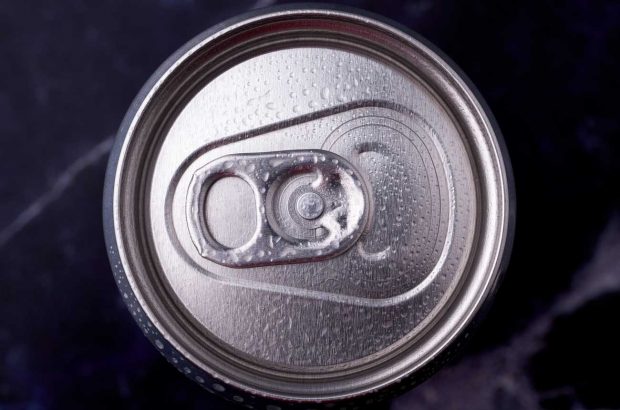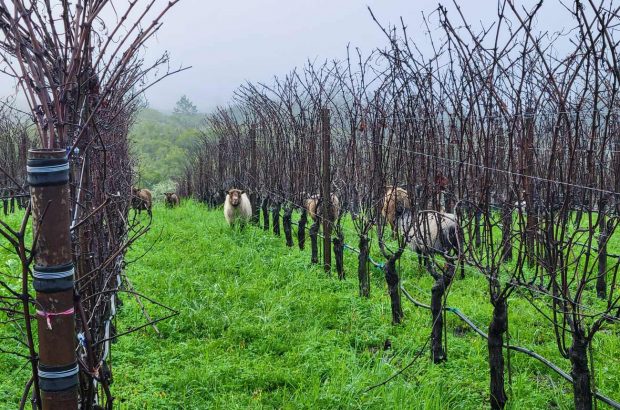Merlot and Cabernet Sauvignon ‘space vines’ that were fired into orbit alongside bottles of Petrus 2000 have been nurtured alongside their ‘daughter’ plants in western France, said researchers in an update on the project.
‘The first “space grapes” are now visible on the canes just a few months after the replanting phase that occurred in February 2022,’ said Space Cargo Unlimited, the start-up leading the project.
A total of 320 vine canes spent more than a year on the International Space Station (ISS) alongside bottles of the vaunted Pomerol wine before landing back on Earth in early 2021.
It’s part of Space Cargo Unlimited’s ‘Mission Wise’ project that also involves the University of Bordeaux’s wine institute, the ISVV, among other partners.
It aims to explore the impact of microgravity and extreme conditions on the vines, in particular by looking at genetic differences compared to control samples on Earth.

Photo credit: Space Cargo Unlimited.
It’s early days, but preliminary survey results suggested the ‘space vines’ may show increased resistance to downy mildew and the phylloxera pest, as well as changes in polyphenol content, it said.
Field tests are planned for later this year alongside Groupe Mercier, the vinegrowing specialist that is a commercial partner on the project and has been housing the vines.
While some grapes could be picked in 2022, the first proper ‘space vine harvest’ is expected in 2023, followed by a ‘micro vinification’ to create trial wines for research, Space Cargo Unlimited said.
More vine canes from other grape varieties could be fired into orbit in 2024, it added.
‘The first indications of our work are extremely promising,’ said Nicolas Gaume, co-founder and CEO of Space Cargo Unlimited.
Dr Michael Lebert, chief scientific officer at the group, added, ‘We are thrilled by the possibility space has provided us to develop new organic wine varieties that are more resistant to climate change. More work is required still, but we are very excited by the perspectives, especially with our upcoming first harvest of space grapes to produce wine.’
Chemical analysis of the Petrus 2000 space wine is also ongoing at ISVV.
Gaume told Decanter that he and researchers were taking a cautious approach at this stage, but that initial evidence has indicated potential differences between the ‘space’ and ‘Earth’ wines. He said further tests are needed, however, ‘before making any conclusions’.
Two separate tastings have reaffirmed the wine’s high quality, Space Cargo Unlimited said. Jane Anson wrote for Decanter about tasting samples of ‘space’ and ‘Earth’ Petrus side-by-side last year.
Updated 17/06/22 to include more detail on the tasting and research into the wine.





